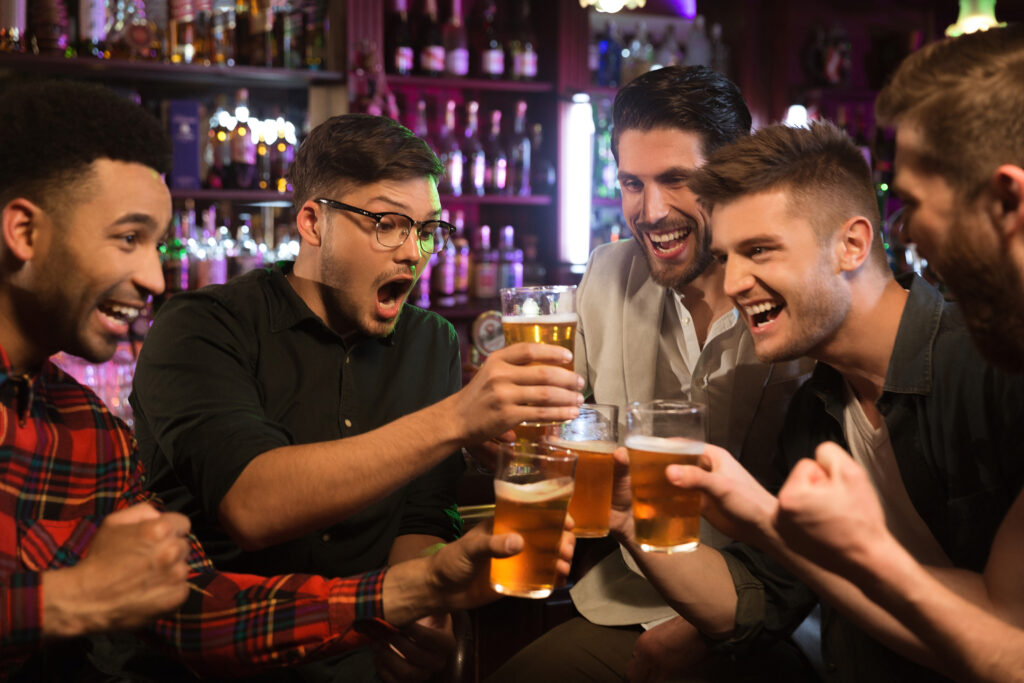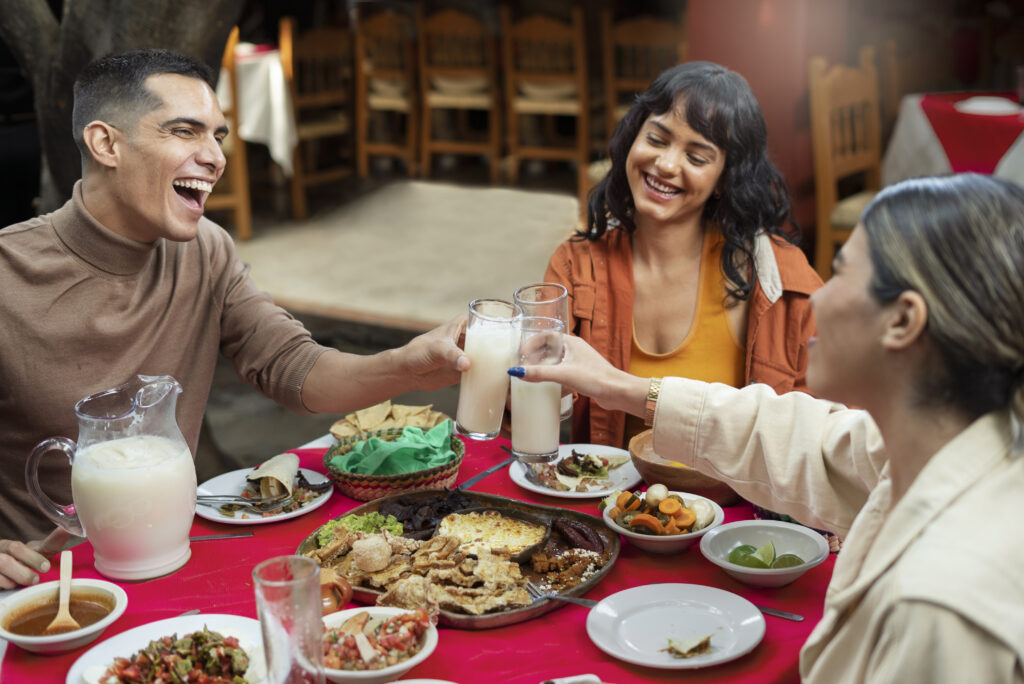Although we live in a world where AI makes the news and robots are all the rage, human beings have an innate need to experience the world around us, to create meaningful memories we can cherish long after we have lived it. Perhaps the last hope for reality to exist within an advanced technological society.
One might believe that the Food & Beverage industry in history could have been very black and white. We need food to eat and beverage to hydrate. However, there were many greys of festival fare cooked and relished by the communities or beverages used to intoxicate on occasions of revelry. The greys are what we would like to call The Experiences! This has led to a paradigm shift in how we look at the food & beverage industry. Welcome to the era of The Experience Economy!

The origin of the experience economy in the food and beverage industry can be traced back to the concept of the experience economy proposed by Pine and Gilmore (1998) in their article “Welcome to the Experience Economy”. They argued that consumers seek memorable and meaningful experiences rather than just products or services, and that businesses need to offer more than just food and drinks, but also create a unique and engaging atmosphere, story, and interaction that appeal to the customers’ senses, emotions, and values.
The benefits of adopting an experience economy approach for food and beverage businesses are:
Differentiation: By creating a distinctive and memorable experience, food and beverage businesses can stand out from the competition and attract more customers who are looking for something new and exciting.
Loyalty: By satisfying the customers’ needs and wants beyond their expectations, food and beverage businesses can build a loyal fan base who will return for more and spread positive word-of-mouth.
Premiumization: By adding value to the customers’ experience, food and beverage businesses can charge higher prices and increase their profitability.
The challenges of adopting an experience economy approach for food and beverage businesses are:
Cost: Creating an exceptional experience may require investing in additional resources, such as staff training, equipment, design, technology, entertainment, etc.
Innovation: Creating an exceptional experience may require constant innovation and adaptation to keep up with the changing customer preferences and trends.
Measurement: Measuring the impact and return on investment of creating an exceptional experience may be difficult and subjective.

The trends of creating an exceptional experience in the food and beverage industry are:
Personalization: Food and beverage businesses can tailor their offerings and interactions to the customers’ preferences, needs, and occasions. For example, Starbucks allows customers to customize their drinks with various options and ingredients, while Domino’s Pizza Tracker lets customers track their orders in real time.
Storytelling: Food and beverage businesses can tell a compelling story behind their products, services, or brand that connects with the customers’ emotions and values. For example, Ben & Jerry’s ice cream uses humour and social causes to communicate their brand personality and mission, while Guinness Storehouse in Dublin offers a tour of the history and culture of the iconic beer.
Sensory stimulation: Food and beverage businesses can stimulate the customers’ senses with appealing visuals, sounds, smells, tastes, and textures. For example, Rainforest Cafe creates a jungle-themed environment with animatronic animals, waterfalls, thunderstorms, etc., while Heston Blumenthal’s The Fat Duck restaurant serves dishes that play with molecular gastronomy and multisensory illusions.
Co-creation: Food and beverage businesses can involve the customers in the creation or delivery of their products or services. For example, Subway lets customers choose their own bread, meat, cheese, vegetables, sauces, etc., while Coca-Cola Freestyle machines allow customers to mix their own flavours of soda.
Gamification: Food and beverage businesses can use game elements to motivate and reward the customers for their behaviour or participation. For example, McDonald’s Monopoly game offers customers a chance to win prizes by collecting stickers from their purchases, while Starbucks Rewards program offers customers points, free drinks, discounts, etc., for using their app or card.
In conclusion, the experience economy is a concept that can help food and beverage businesses create a competitive advantage by offering more than just food and drinks. However, it also requires careful planning, execution, evaluation, and improvement to ensure that the customers are satisfied and loyal.
HPG Consulting is made up of passionate Food Service Consultants! We excel in designing kitchens that give the best experiences. Let’s discuss your hospitality project.
Authored by Pooja Nataraj.